Foreword
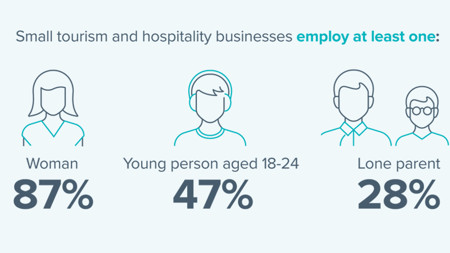
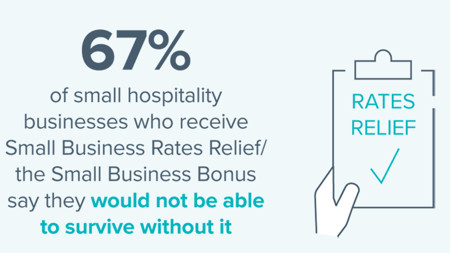
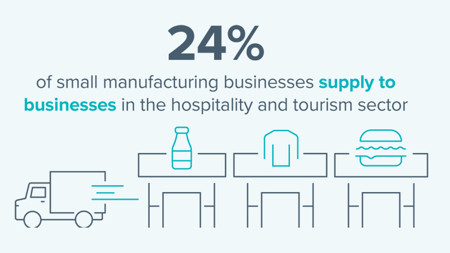
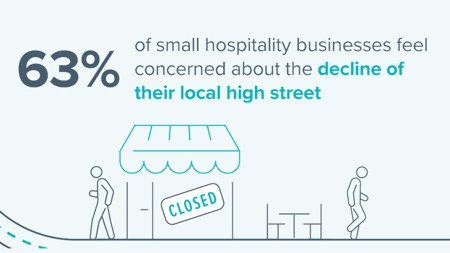
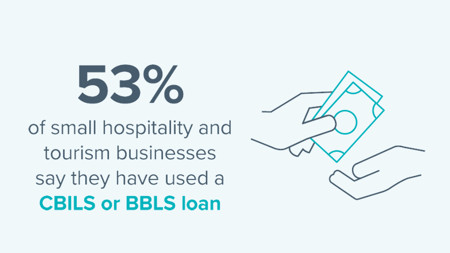

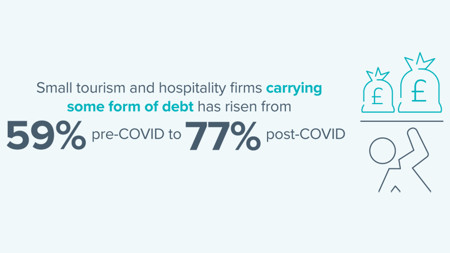
As the UK commits to its net zero goals many small businesses in tourism and hospitality are already forging ahead in making their businesses environmentally friendly, but more help is needed to ensure all small businesses can meet these environmental goals.
The hospitality and tourism sector is wide and diverse. Not only can they provide an opportunity for young people, but it also serves as a magnet for successful entrepreneurs, many of them women and ethnic minorities.
Towering business rates, access to labour, the rising costs of doing business and access to highspeed broadband are just some of the many challenges small firms in this sector faced prior to the pandemic. In many cases the pandemic has merely served to exacerbate these issues whilst also creating new obstacles and issues that may hinder the path to success. The UK Government must expedite policy interventions to support small business ensuring the sector can ‘Build Back Better’. Government departments must also seek to work closer together to understand how policies, such as local planning changes, late payments, VAT and immigration impact on small firms in the hospitality sector.
Tourism and hospitality businesses are a crucial part of our communities, providing a meeting place for many and playing a key role in tackling loneliness and improving wellbeing. The disruption to the industry has provided an opportunity to rethink the importance of these businesses and the way in which they are supported. From facilitating start-ups, supporting growth, providing for investment in people and development, with careful planning and provision we can all enjoy the benefits of the tourism and hospitality sector flourishing once more.
Key Findings
High streets
- 44 per cent of small hospitality and tourism businesses are on or next to the high street, more so than the average small business.
- Hospitality businesses feel more positive about their local high street than other businesses, but 63 per cent feel concerned about its decline.
- Over half (54%) think making vacant units readily available for businesses to let would help save the high street.
Business rates
- 67 per cent of small hospitality businesses who receive Small Business Rates Relief/the Small Business Bonus say they would not be able to survive without it.
- Over half (56%) of small hospitality businesses say further rates relief would support their high street.
Employment and enterprise
- 31 per cent of FSB small businesses are owned by women, rising to 41 per cent in the hospitality and tourism sector
- Small hospitality businesses are more likely than average to hire:
- Women (87%)
- Lone parents (28%)
- Ex-offenders (3%)
- Young people:
- Aged 16-17 (25%)
- Aged 18-20 (35%)
- Aged 21-24 (38%)
Immigration
- 43 per cent of small hospitality businesses employ at least one EEA national, more than any other sector.
- More hospitality small businesses say location limits their access to labour than other sectors (36%).
Supply chains
- A quarter (24%) of small manufacturing businesses supply to hospitality and tourism.
Community
- 22 per cent of small hospitality businesses offer shared community spaces.
- At the beginning of the pandemic, 33 per cent of small hospitality businesses had donated to local food banks, 26 per cent had carried out a broader community role, and 12 per cent had provided free services or accommodation to key workers.
Impact of COVID-19 restrictions
- 77 per cent of small hospitality and tourism firms were unable to adapt their businesses at the beginning of the pandemic.
- A year into the pandemic, more than half (59%) of small firms in the sector reported their businesses premises as closed, and 26 per cent were trading in name only and only 53 per cent were confident their businesses would survive.
Regulation changes
- 65 per cent of small hospitality and tourism businesses said the relaxation of planning regulations for pubs and restaurants, allowing them to operate as takeaways, was important.
COVID-19 finances
- 31 per cent of small hospitality and tourism firms in England used the leisure, hospitality and retail grant of £25,000, and 54 per cent used the Small Business Support Grant of £10,000.
- 53 per cent of small hospitality and tourism businesses said they have used a CBILS or BBLS loan.
- 56 per cent of small firms in the sector have taken on new or existing debt as a result of COVID-19 – higher than any other sector.
- Those carrying some form of debt has risen from 59 per cent pre-COVID to 77 per cent post-COVID.
Energy and the environment
- 83 per cent of small hospitality and tourism firms said energy is a significant cost to their business.
- 44 per cent of small businesses in the hospitality and tourism sector would switch tariffs if offered a renewable tariff.
Recommendations
Download the full report




